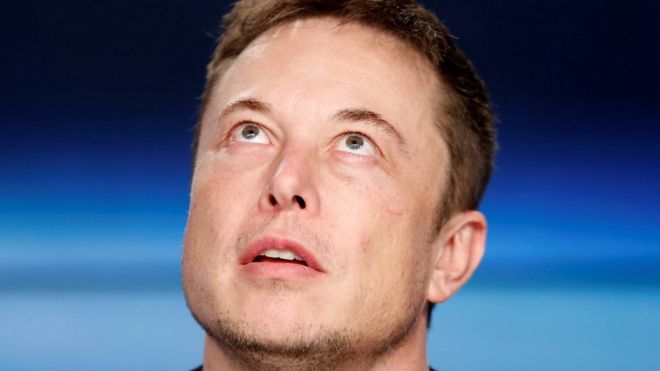
In The Guardian, Douglas Rushkoff relates a bizarre meeting he had with a handful of ultrarich tech entrepreneurs. He was invited to talk to them about the future of technology, but all they wanted to know about was how to best use their money to survive the coming apocalyptic “Event.” Rushkoff uses this strange conversation as a springboard for examining why technology has become a tool for transcending the human condition rather than improving it. “Like members of a gnostic cult,” writes Rushkoff, “we long to enter the next transcendent phase of our development, shedding our bodies and leaving them behind, along with our sins and troubles.”
Check out an excerpt from the piece below, or the full text here.
There’s nothing wrong with madly optimistic appraisals of how technology might benefit human society. But the current drive for a post-human utopia is something else. It’s less a vision for the wholesale migration of humanity to a new a state of being than a quest to transcend all that is human: the body, interdependence, compassion, vulnerability, and complexity. As technology philosophers have been pointing out for years, now, the transhumanist vision too easily reduces all of reality to data, concluding that “humans are nothing but information-processing objects”.
It’s a reduction of human evolution to a video game that someone wins by finding the escape hatch and then letting a few of his BFFs come along for the ride. Will it be Musk, Bezos, Thiel … Zuckerberg? These billionaires are the presumptive winners of the digital economy – the same survival-of-the-fittest business landscape that’s fueling most of this speculation to begin with.
Of course, it wasn’t always this way. There was a brief moment, in the early 1990s, when the digital future felt open-ended and up for our invention. Technology was becoming a playground for the counterculture, who saw in it the opportunity to create a more inclusive, distributed, and pro-human future. But established business interests only saw new potentials for the same old extraction, and too many technologists were seduced by unicorn IPOs. Digital futures became understood more like stock futures or cotton futures – something to predict and make bets on. So nearly every speech, article, study, documentary, or white paper was seen as relevant only insofar as it pointed to a ticker symbol. The future became less a thing we create through our present-day choices or hopes for humankind than a predestined scenario we bet on with our venture capital but arrive at passively.
Image of Elon Musk via the BBC.